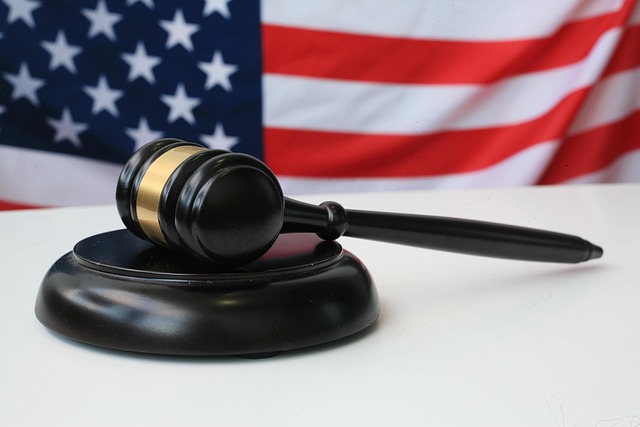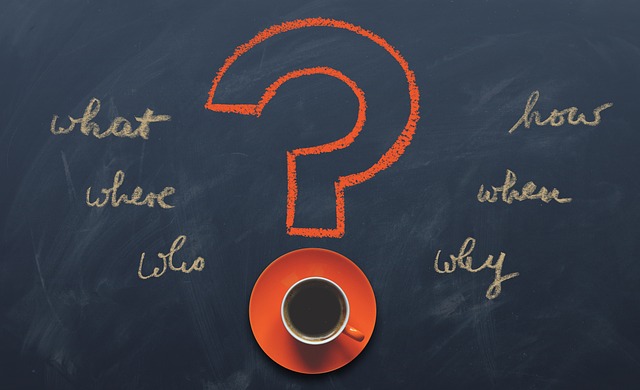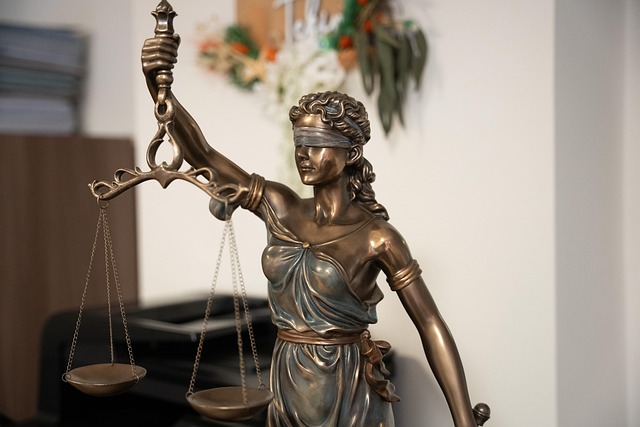Slip and fall injuries, while often overlooked, can cause severe physical harm and significant emotional trauma, including anxiety, depression, and PTSD, especially in vulnerable populations like the elderly. Effective recovery requires multifaceted support: physical rehabilitation, psychological counseling, therapy, support groups, and legal assistance to address medical bills, insurance claims, and litigation.
Emotional trauma often follows slip and fall injuries, adding a layer of complexity to an already challenging experience. These accidents, while common, can lead to severe physical and psychological consequences. Understanding the multifaceted impact of slip and fall injuries is crucial for providing adequate support to victims. This article explores the interplay between these events, delving into the emotional scars left behind and guiding survivors towards recovery and resilience.
- Understanding Slip and Fall Injuries: A Common Yet Serious Issue
- The Impact of Emotional Trauma on Victims
- Recovery and Support for Slip and Fall Survivors
Understanding Slip and Fall Injuries: A Common Yet Serious Issue
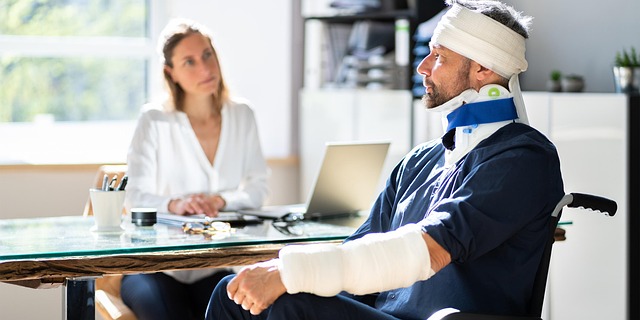
Slip and fall injuries are a prevalent yet often overlooked issue, especially among vulnerable populations such as the elderly and those in long-term care facilities. These incidents can result in significant physical harm, ranging from minor cuts and bruises to severe fractures and head traumas. The impact extends beyond the immediate pain and discomfort; emotional trauma frequently follows, adding another layer of complexity to the recovery process.
Many factors contribute to slip and fall accidents, including poorly maintained surfaces, inadequate lighting, or even caregiver neglect in settings like nursing homes. What is often overlooked is the psychological toll these incidents can take. Victims may experience anxiety, depression, and post-traumatic stress disorder (PTSD), especially if the fall occurred in a place where they felt unsafe or was witnessed by others, including caregivers who should have provided protection. Addressing slip and fall injuries requires not just physical rehabilitation but also recognizing and supporting the emotional recovery of those affected, whether it’s an elderly resident in a nursing home or anyone else suffering from this common yet serious issue.
The Impact of Emotional Trauma on Victims
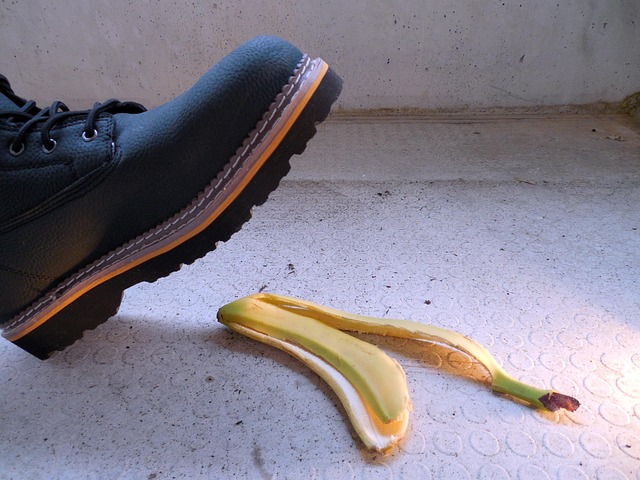
The emotional impact of slip and fall injuries can be profound, often leading to long-lasting psychological effects. When individuals suffer such accidents, especially in public spaces or at the hands of negligent parties, the trauma can extend far beyond physical pain. Victims may experience heightened anxiety, fear, and stress, especially if the incident occurs in a place they once felt safe. This sense of vulnerability can be particularly disturbing, leading to avoidance behaviors and even triggering flashbacks or nightmares related to the accident.
Emotional trauma from slip and fall injuries can also manifest as depression, causing individuals to withdraw from daily activities and social interactions. The stress of dealing with medical bills, insurance companies, and potentially navigating wrongful death claims or business litigation following a breach of fiduciary duty can exacerbate these feelings. These complex situations demand not only physical healing but also psychological support to help victims process and overcome the emotional scars left by such traumatic events.
Recovery and Support for Slip and Fall Survivors
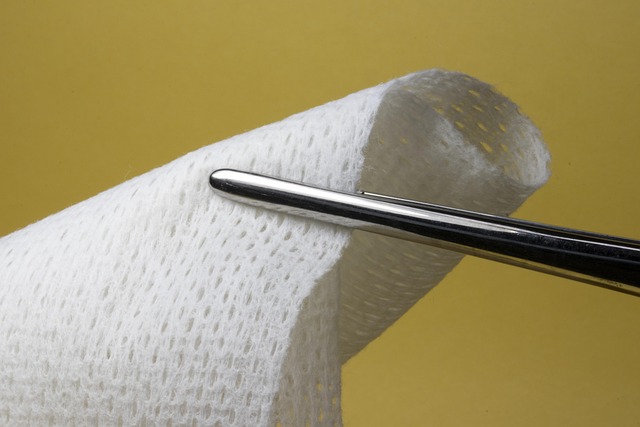
Recovering from a slip and fall injury can be a challenging process, both physically and emotionally. Survivors often experience a range of emotions, from frustration and anger to fear and anxiety, which can significantly impact their mental well-being. This is especially true if the incident results in severe injuries or long-term disabilities. Seeking professional support is crucial for navigating this difficult time. Therapists and counselors can help individuals process their trauma, develop coping strategies, and regain a sense of control over their lives.
Support groups and community networks are also valuable resources for slip and fall survivors. Connecting with others who have gone through similar experiences can foster a sense of belonging and understanding. Additionally, legal support is essential to ensure justice and compensation for truck accident injuries or other related incidents. Reviewing employment contracts and understanding one’s rights in business litigation can empower survivors to take the necessary steps to secure their financial future and receive the care they deserve.
Slip and fall injuries, while often overlooked, can have profound physical and emotional impacts. As discussed, these incidents are more serious than they may seem initially, and many victims experience significant distress. Recognizing the potential for emotional trauma following such accidents is crucial for providing adequate support and care to survivors. By understanding the unique challenges faced by those affected, we can foster a more compassionate environment for recovery and ensure that slip and fall injuries are treated with the seriousness they deserve.

